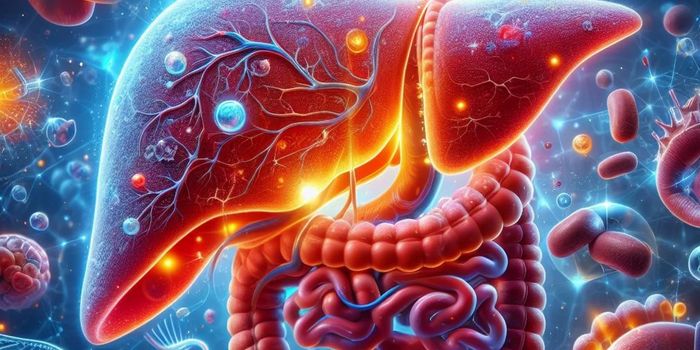Experimental MS Treatment Relies on "Retraining" the Immune System
When the immune system goes awry and fails to regulate itself, immune cells may attack the body’s own tissues. Scientists want to prevent immune cells from going rogue by teaching them the “proper” way to behave.
A normal immune response has a regulatory component that keeps the immune system focused on an outside invader and away from targeting its own cells (“self” cells). However, that regulatory system can be compromised, leading to autoimmune disease.
In the case of multiple sclerosis (MS), the self cells under attack are those that make up myelin proteins, a fatty sheath of tissue that covers and protect nerves. With the myelin sheath under attack, the body has less control over muscles and subsequently, movement. Scientists leading the new study aimed to correct cells’ self-destructive behavior to prevent damaging tissues like the myelin sheath.
In a two-part study, researchers looked at the T cell mechanisms that control the immune system and how their behavior can be manipulated with longevity in mind. The goal was to help T cells recognize Myelin Basic Protein (MBP) properly, as belonging to the body, thus avoiding the “friendly fire” that characterizes autoimmune diseases like MS.
In part one, researchers treated the immune system with repeated doses of the same “highly soluble fragment” of MBP. The process is similar to immunotherapy used to desensitize the immune system to reduce allergic responses. Researchers found success in part one; results showed that T cells successfully learned to recognize MBP and cease attacking it.
In part two, researchers observed how genes in T cells can be altered as a result of the therapeutic process in part one. The treatment effectively activated genes that reduce immune activity as opposed to increasing it, enhancing appropriate “tolerance” of self cells. Researchers also found that cells could “remember” the behavior change, and the gene activity reflected that memory.
Future clinical trials are needed to indicate long-lasting effects for people with MS. What causes MS is still unknown. Individuals diagnosed with MS tend to follow one of four disease courses:
- Clinically isolated syndrome
- Relapsing remitting
- Secondary progressive
- Primary progressive
Sources: University of Birmingham, Cell Reports, National Multiple Sclerosis Society








